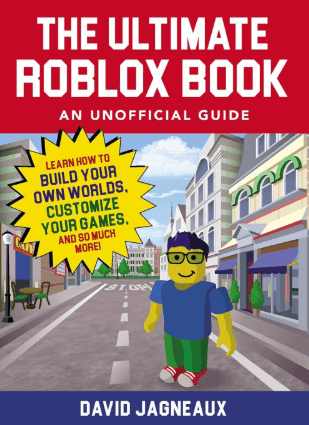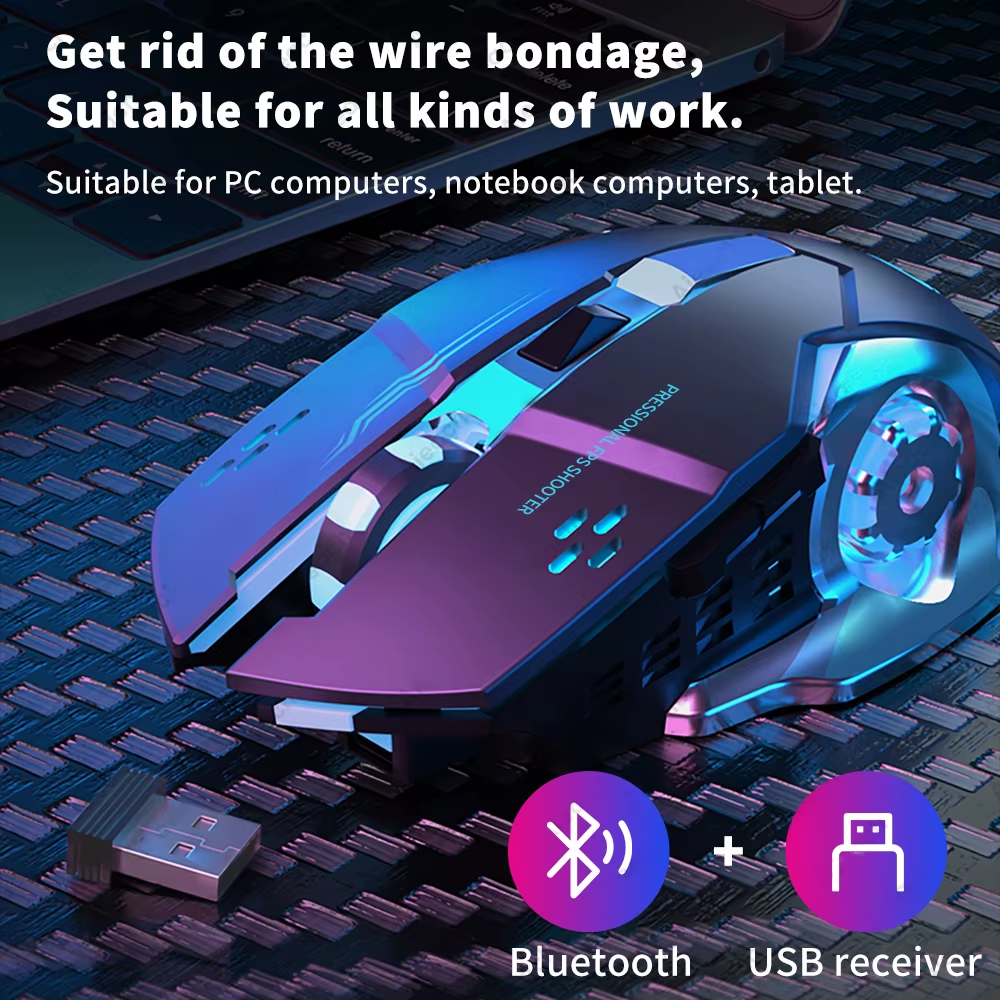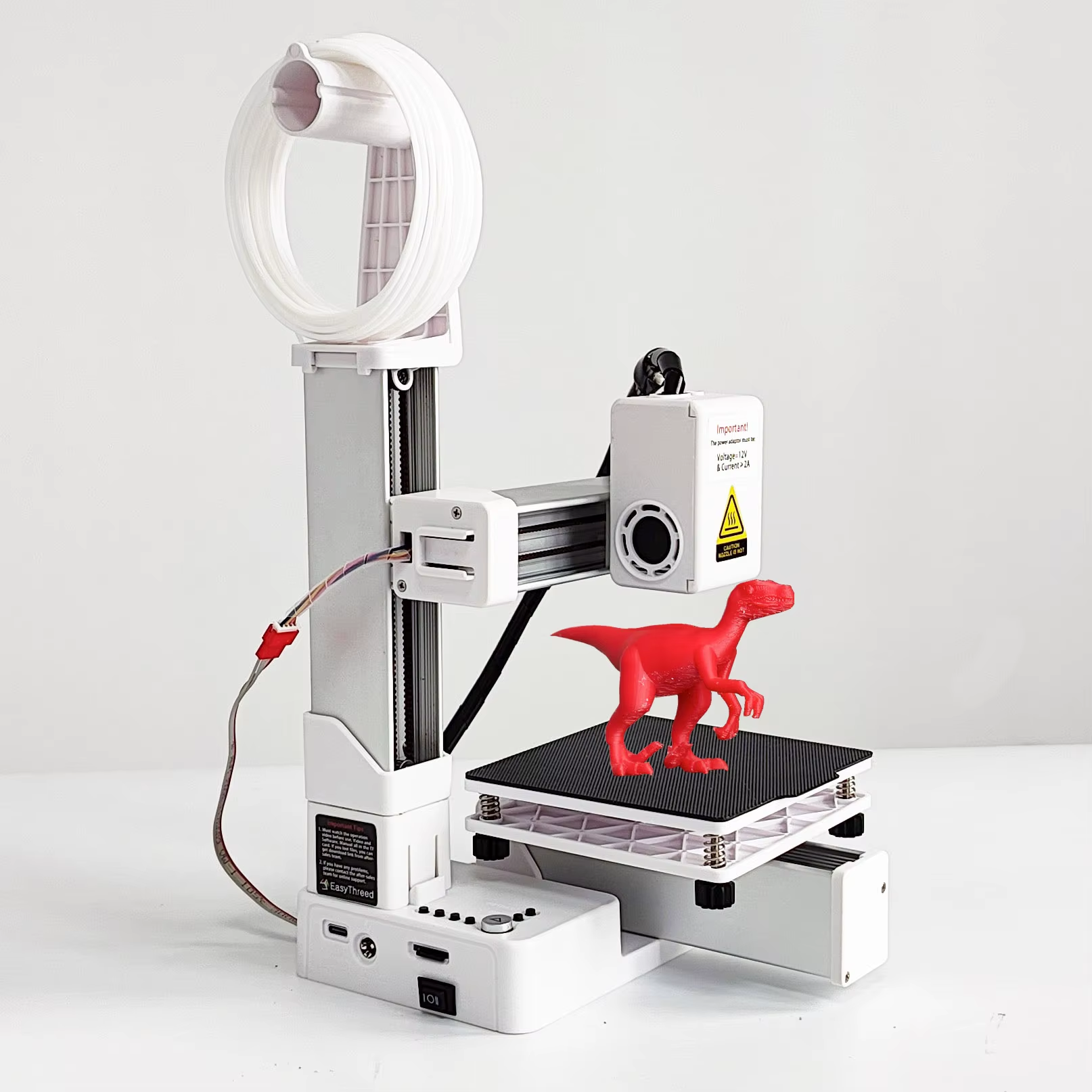For decades, gamers have debated the merits of PC gaming versus console gaming. Each platform has passionate supporters, and the argument shows no signs of ending. Whether it’s about graphics, cost, controls, or game libraries, both sides have valid points. But what really separates these platforms—and which one is right for you?
Let’s dive into the heart of the debate and examine the strengths, weaknesses, and cultural significance of PC vs console gaming.
1. Hardware Flexibility vs Plug-and-Play Convenience
PC Gaming: Customization and Power
PCs are highly customizable. Gamers can choose their CPU, GPU, RAM, storage, cooling system, monitor, and even RGB lighting. This means a PC can be built to suit a specific budget or aim for elite performance with 4K, ultra settings, and high frame rates.
Advantages:
- Upgradeable components
- Higher performance ceiling
- Support for ultrawide and multi-monitor setups
However, this flexibility comes with complexity. Building or upgrading a PC requires some technical knowledge, and troubleshooting can be time-consuming.
Console Gaming: Simplicity and Stability
Consoles like the PlayStation 5, Xbox Series X, and Nintendo Switch offer a plug-and-play experience. There’s no worrying about drivers, system requirements, or hardware conflicts.
Advantages:
- Ease of use
- Optimized performance for the system’s specs
- Lower initial cost
Yet, consoles lack upgradability. You’re locked into the hardware until the next generation arrives.
2. Graphics and Performance
PCs, especially high-end ones, lead in graphical fidelity. Technologies like ray tracing, DLSS, and ultra-high resolutions are more readily available on PC.
- PCs can run games at 144+ FPS, 4K resolution, and with enhanced shadows, lighting, and textures.
- Consoles generally run at 30–60 FPS at 1080p or 4K, depending on the title and system.
Still, newer consoles have closed the gap significantly, offering ray tracing and fast load times via SSDs.
3. Game Libraries and Exclusives
PC Gaming: Depth and Modding
PCs support a vast and diverse game library. From AAA titles to indie gems and obscure genres like management sims or visual novels, there’s something for everyone.
- Massive access to mods (e.g., Skyrim, Minecraft, The Sims)
- Backwards compatibility with older games via emulators or platforms like GOG
- Free-to-play and early access games flourish on PC
Console Gaming: Exclusive Titles
Consoles often win in the exclusive department:
- PlayStation: The Last of Us, God of War, Spider-Man
- Xbox: Halo, Forza, Starfield
- Nintendo: Zelda, Mario, Metroid
These franchises can be system sellers, offering experiences not available on PC—at least not immediately.
4. Online Services and Subscriptions
- PC: Services like Steam, Epic Games Store, Xbox Game Pass for PC, and GOG offer massive libraries, often with frequent sales and bundles.
- Consoles: Require subscriptions (PS Plus, Xbox Live) for online multiplayer. Xbox Game Pass Ultimate and PlayStation Plus Extra provide access to hundreds of games.
PCs often win on value due to Steam sales, DRM-free options, and no multiplayer paywalls.
5. Mods and User Content
Mods are a defining feature of PC gaming. Players can change character models, fix bugs, enhance graphics, or create entirely new gameplay mechanics. Entire genres (like battle royale) began as mods.
Console modding is restricted or nonexistent, with only a few games (like Skyrim on Xbox) allowing limited support.
6. Community and Competitive Play
PC is the dominant platform for esports and competitive play:
- Counter-Strike 2
- Valorant
- League of Legends
- Dota 2
The precision of mouse and keyboard controls, plus the ability to use high refresh rate monitors, gives PC gamers a competitive edge.
Consoles are strong in casual multiplayer and couch co-op experiences, where split-screen or local play is more accessible.
7. Cost and Longevity
Consoles:
- Lower upfront cost (typically $300–$500)
- Fixed hardware lifespan (usually 5–7 years)
- Consistent performance with minimal tweaking
PCs:
- Wide price range depending on specs
- Longer lifespan with the ability to upgrade parts
- Often cheaper long-term due to free online play and frequent game sales
However, building a top-tier PC can easily exceed $2,000, making it a serious investment.
8. Portability and Versatility
- PCs (especially desktops) aren’t very portable, though gaming laptops and handheld PCs (like the Steam Deck or ROG Ally) are closing the gap.
- Consoles—especially the Nintendo Switch—excel in portability and ease of setup in any room.
PCs also double as workstations for tasks like video editing, coding, and digital art, adding functional value beyond gaming.

It’s Not About Winning—It’s About Fit
In the PC vs console debate, there’s no universal “better” option—just what works best for you.
Choose a PC if:
- You value performance and customization.
- You want access to mods and indie games.
- You enjoy esports or creative projects.
Choose a console if:
- You prefer simplicity and exclusive titles.
- You want an affordable, plug-and-play experience.
- You play casually or with friends locally.
Many gamers choose both—and with cross-platform play becoming more common, the lines are increasingly blurred. Whether you’re on a high-end gaming rig or curled up with a controller, the real winner is the one having fun.



